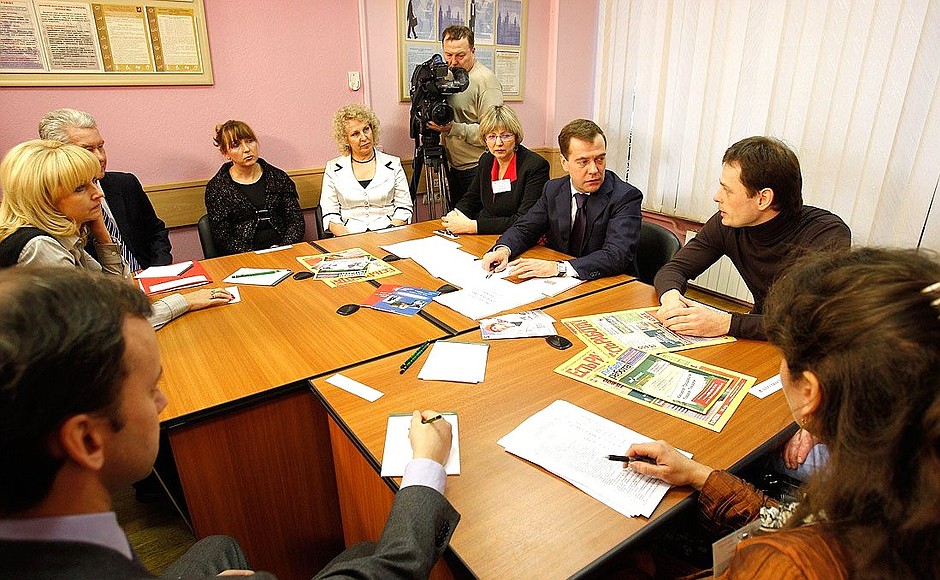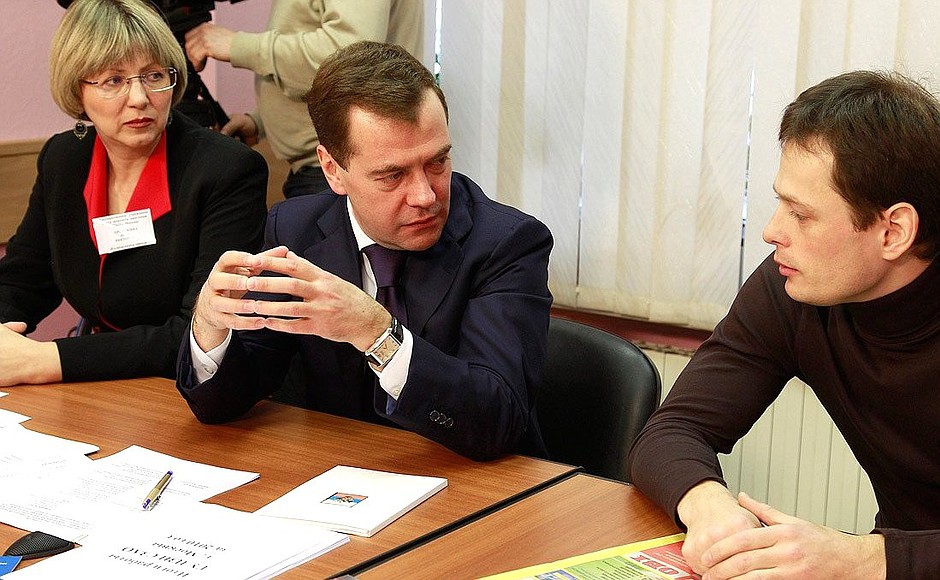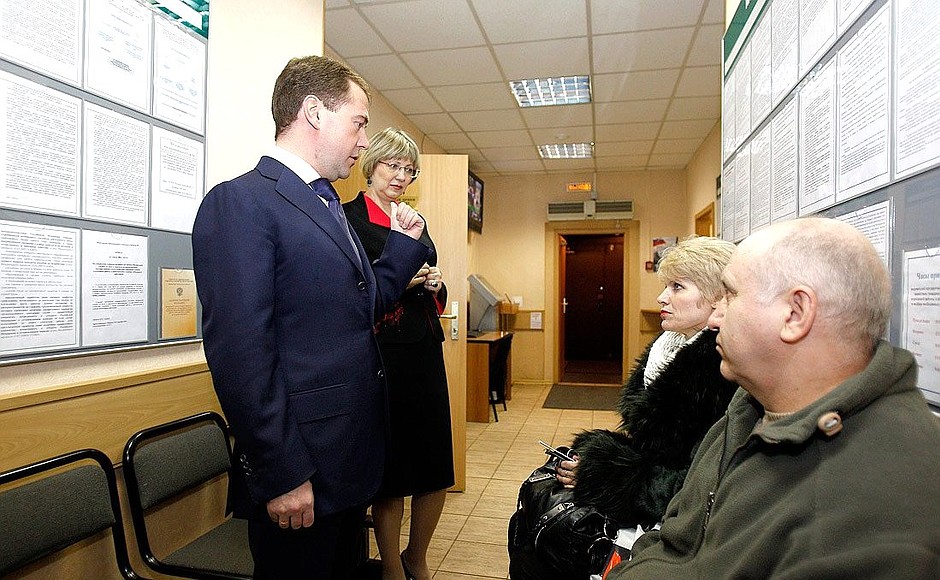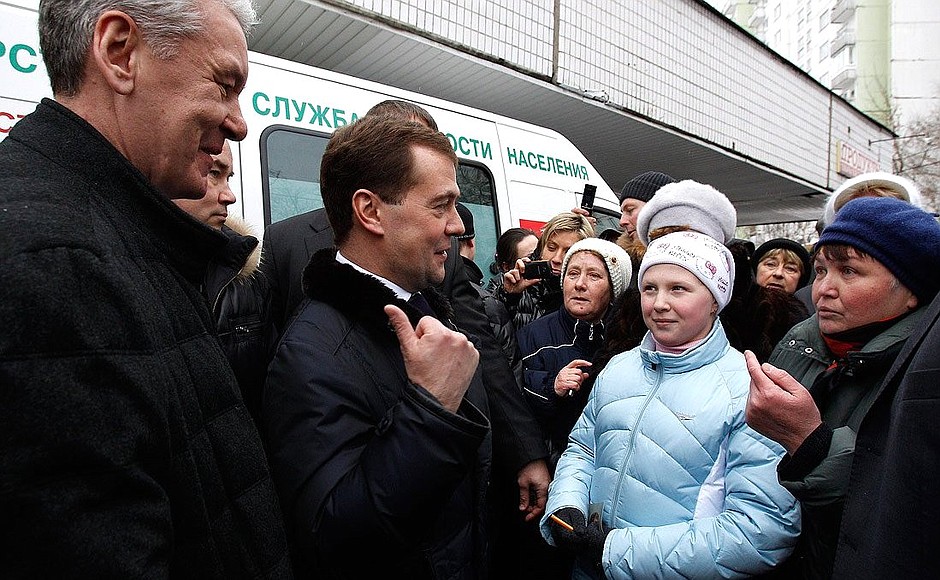* * *
President of Russia Dmitry Medvedev: Good afternoon,
We are meeting today – those of you responsible for the labour market in our country and in Moscow, and those of you who have come here – to discuss what is probably one of our most complicated problems: the issue of jobs and unemployment. Since the labour market situation started to worsen at the end of 2008, the Government has been paying this issue a lot of attention, and took a number of important measures. This does not mean that every step taken was successful, but, having looked into the state of affairs in practically all of the different regions, not just in Moscow, I see that the employment support system that was established in 2008 and 2009 is working now. This system encompasses retraining, and also the unemployment benefits the law has set.
Overall, the situation is looking up this year compared to last, and this is an objective fact. The national unemployment rate has dropped, and dropped considerably too. In fact, it is now close to the pre-crisis level. These figures reflect the overall situation but not the individual tragedies, however, because it is individuals who lose their jobs, and we then have to find new employment for each of these individuals.
Moscow has employment programmes up and running too. As I understand it, the situation in Moscow is fairly calm as far as the number of registered unemployed is concerned. It is less than one percent, isn’t it, something like 0.7 percent? If we use the ILO’s calculation method, what would be the unemployment level in Moscow, the same as the national level, or lower?
Reply: Slightly more than one percent.
Dmitry Medvedev: The national unemployment rate stands at around 6.9 percent, while in Moscow it is around one percent.
Minister of Healthcare and Social Development Tatyana Golikova: The coefficient of competition for each job in Moscow is less than one, in other words, the number of vacancies is higher than the number of people unemployed.
Mayor of Moscow Sergei Sobyanin: There are three vacancies for every person registered as unemployed.
Dmitry Medvedev: I looked through the electronic data base of vacancies just before, and the situation is also rather varied in this respect. For example, there was not a single vacancy for a legal consultant, but there were a huge number of vacancies for drivers, hundreds, and well-paid too, perfectly decent wages. So, the situation is not the same across the job market.
I proposed meeting in this format so that people currently looking for work can tell me about what you have been doing, what has been successful and what has not, and make some recommendations on how to organise this work. We are here to listen to you, draw conclusions, and ultimately help you.
So, let’s discuss the situation. Don’t be shy; tell us frankly about your problems, because this is one of the issues we face in our daily lives. Unfortunately, given the way events are developing in the global economy and in our own economy, the unemployment situation can go either way. These are risks that exist in all economies, and that, frankly, are affecting an ever growing number of people.
<…>



